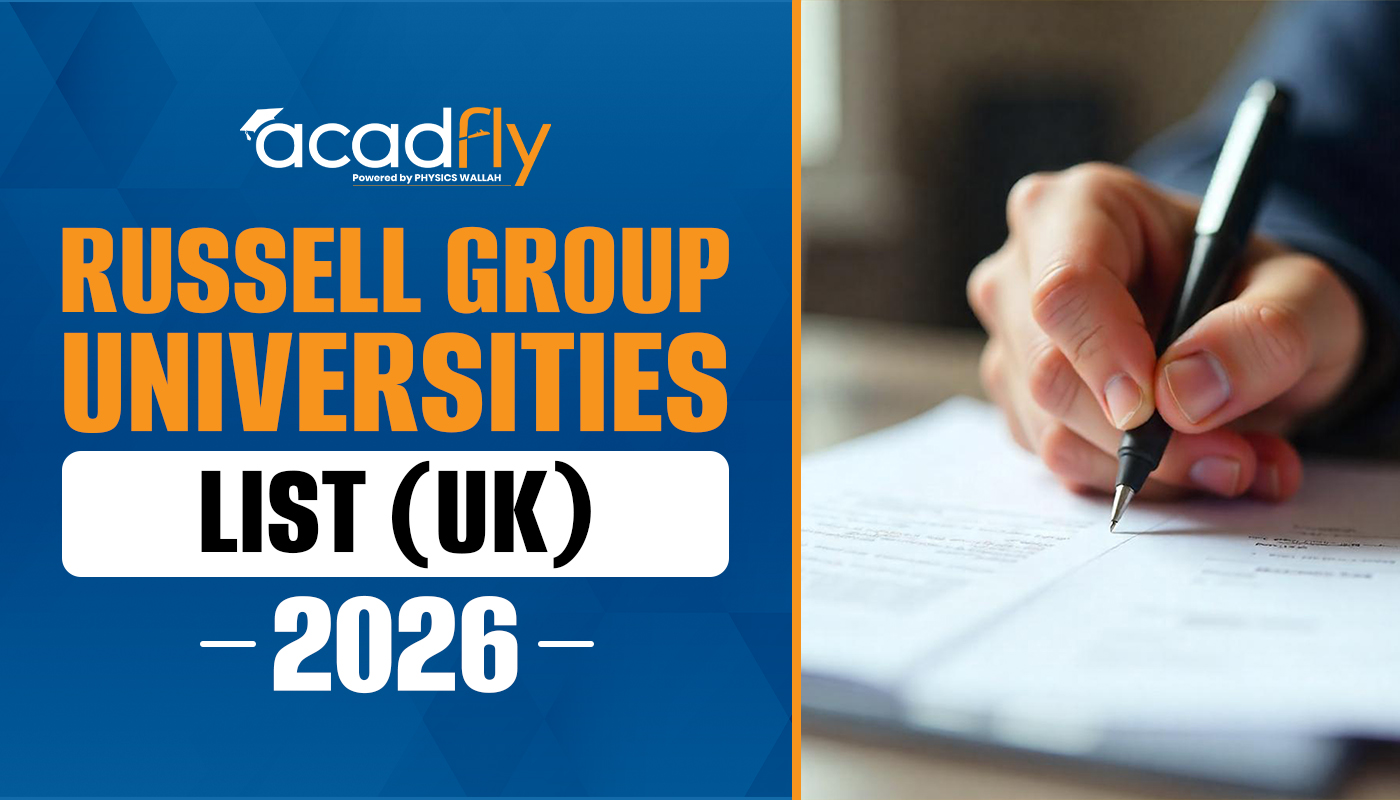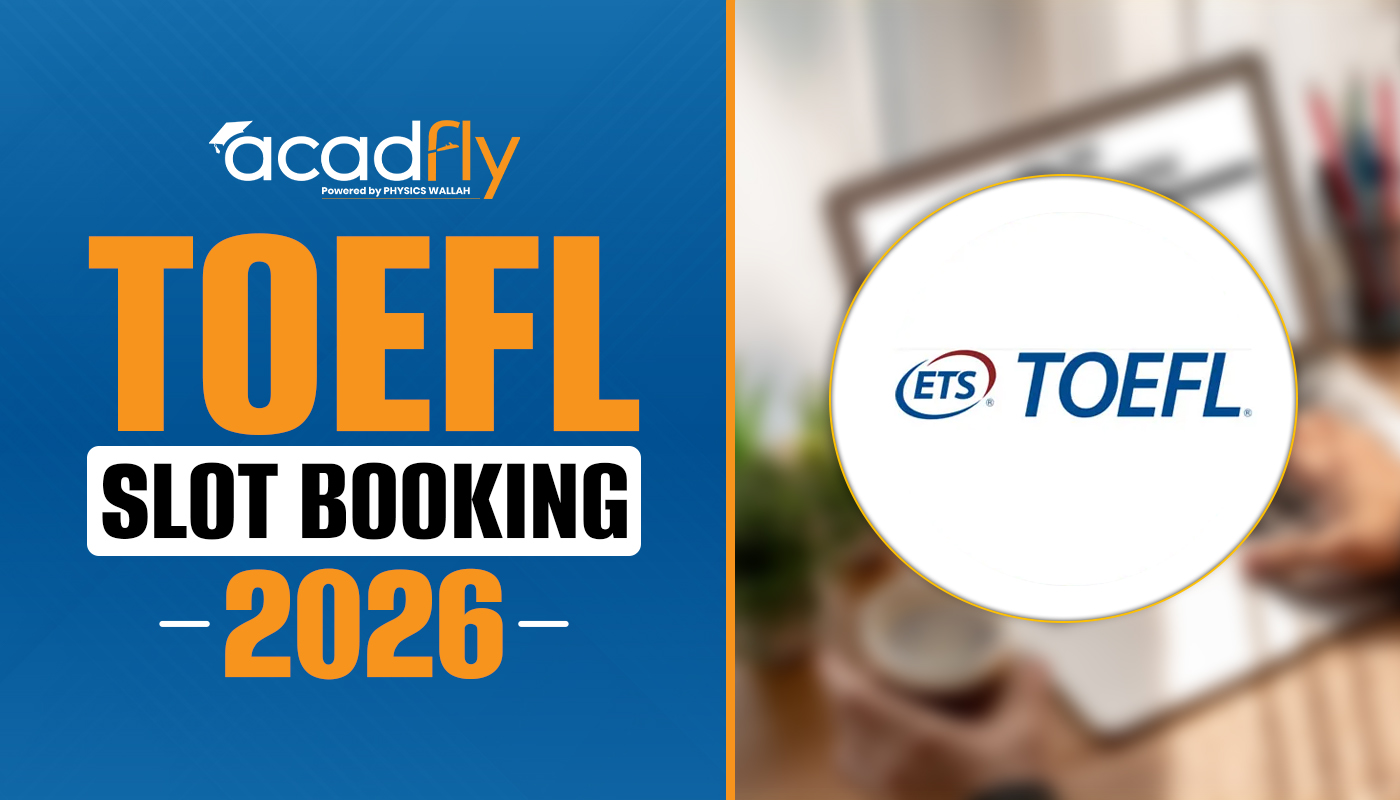
Canada has emerged as one of the top destinations for students seeking quality education in various fields, including economics. The country offers a robust academic environment, coupled with practical opportunities to enhance a student’s learning experience. Studying Economics in Canada is an excellent choice for both domestic and international students due to the variety of programs available, the standard of education, and the job prospects that follow. But before you embark on this journey, it’s essential to understand the requirements to study economics in Canada and how to navigate through the entire process. This article will provide you with comprehensive information on the requirements to study economics in Canada, from undergraduate to master's levels, the career opportunities that await you, and the overall benefits of pursuing this field in the country.
Why Choose Economics Studies in Canada?
Canada’s universities are globally recognized for their strong academic programs, particularly in economics. With a dynamic mix of theoretical foundations and practical applications, students gain skills that are highly valued in various sectors. Moreover, studying economics in Canada means you will have the chance to immerse yourself in a multicultural and inclusive environment. The economics degree in Canada prepares students not only with the technical knowledge they need but also enhances critical thinking and problem-solving skills that are vital in a global economy.
Economics is a broad field, touching on various aspects of society, from government policy to corporate decision-making. Canadian universities offer diverse programs tailored to meet different interests and career paths, from pure economic theory to applied economic studies. Whether you are looking at undergraduate studies or a master's in economics in Canada, the journey is packed with learning opportunities and professional growth.
Admission Requirements for Economics Studies in Canada
The admission requirements for economics programs in Canada vary depending on the level of study (undergraduate or graduate) and the university you are applying to. Canadian universities maintain high academic standards, but they also ensure that students from diverse academic and cultural backgrounds can access quality education.
Undergraduate Economics Programs in Canada
To enroll in an undergraduate economics program in Canada, you must meet specific academic requirements. While these may vary between universities, the general requirements remain similar across most institutions.
High School Diploma
The first and foremost requirement for pursuing an undergraduate economics degree in Canada is a high school diploma or equivalent. Canadian universities typically expect students to have completed courses in mathematics and social sciences, particularly economics, if available. The exact grade requirements vary, but most institutions expect a minimum of 70% or higher in relevant subjects.
English Language Proficiency
For international students whose first language is not English, universities require proof of proficiency in English. This is usually demonstrated through standardized tests such as the TOEFL (Test of English as a Foreign Language) or IELTS (International English Language Testing System). Different universities have different score requirements, but a TOEFL score of 90 or higher, or an IELTS score of 6.5 or above, is commonly accepted.
Application Process
The application process typically includes submitting academic transcripts, standardized test scores, a statement of purpose, and reference letters. Some universities may also require an entrance exam, though this is less common for undergraduate economics programs.
Once accepted, students can choose from a variety of economics courses in Canada, which range from microeconomics, macroeconomics, and international economics to more specialized areas like econometrics and development economics.
Master's in Economics Canada: Admission Criteria
A master's in economics in Canada is an advanced degree that prepares students for more specialized career paths, whether in academia, the private sector, or government. Admission into a master’s program is more competitive and has more stringent requirements than undergraduate programs.
Bachelor's Degree in Economics or Related Field
To pursue a master's in economics in Canada, you must have completed a bachelor’s degree in economics or a closely related field such as finance, political science, or mathematics. Canadian universities usually expect students to maintain a strong GPA during their undergraduate studies, often around 3.0 or higher on a 4.0 scale.
GRE (Graduate Record Examination)
Some universities may require students to submit GRE scores as part of the application. Although not universally required, strong GRE scores can significantly boost your chances of acceptance, particularly in competitive programs.
Statement of Purpose and Letters of Recommendation
The master’s in economics application process typically involves submitting a well-written statement of purpose, detailing your academic and professional goals, and how the program aligns with these. Additionally, letters of recommendation from professors or employers who can speak to your abilities are essential components of a strong application.
Research Proposal (Optional)
In some cases, particularly for students interested in a research-intensive master’s program, you may need to submit a research proposal outlining your intended area of study.
Economics Courses Canada: Curriculum Overview
The economics curriculum in Canadian universities is designed to equip students with both theoretical knowledge and practical skills. Whether you're pursuing an undergraduate or master's program, you will cover a range of topics that provide a solid foundation in economic analysis.
Core Courses in Economics
Most undergraduate and graduate economics programs begin with core courses in microeconomics, macroeconomics, and econometrics. These courses build the fundamental skills necessary for understanding how individuals, businesses, and governments make decisions.
-
Microeconomics focuses on individual economic agents, such as households and firms, and how they make decisions regarding resource allocation.
-
Macroeconomics deals with larger-scale economic factors, such as inflation, unemployment, and national income.
-
Econometrics teaches students how to apply statistical methods to economic data, enabling them to test hypotheses and forecast future trends.
Elective Courses and Specializations
As you progress through your degree, you will have the option to take more specialized courses tailored to your interests. Canadian universities offer a variety of electives, from international trade and public economics to environmental economics and financial economics. These electives allow you to tailor your education toward the career you wish to pursue.
Specialization areas in economics courses in Canada may include:
-
International Economics
-
Development Economics
-
Health Economics
-
Environmental Economics
-
Behavioral Economics
Each of these fields opens the door to specialized careers in both the public and private sectors.
Economics Careers Canada: Opportunities and Prospects
Graduates of economics programs in Canada are well-positioned to enter a variety of career paths. The field of economics offers broad employment opportunities in both the private and public sectors, and an economics degree in Canada equips you with the analytical and quantitative skills that are highly sought after by employers.
Private Sector Careers
Economics graduates can find employment in a range of industries, including finance, consulting, data analysis, and business management. Common job titles include:
-
Financial Analyst
-
Economic Consultant
-
Data Analyst
-
Policy Analyst
-
Market Research Analyst
Public Sector Careers
Economists also play a crucial role in the public sector, working for government agencies, international organizations, and non-profits. These professionals help shape public policy by analyzing data and providing insights on issues such as taxation, healthcare, and education. In Canada, government roles often focus on social policy, trade, and regulatory affairs.
Academic and Research Roles
For those interested in academia, a master's in economics in Canada can be a stepping stone to a PhD and a career in research or university-level teaching. Canadian universities are home to many world-class research centers where economists contribute to policy analysis, economic theory, and applied research.
Table Representation of Economics Careers and Salaries in Canada
In Canada, salaries for economics graduates can vary depending on the specific job role, experience level, and location. Here's a breakdown of some common career paths and their average annual salaries:
|
Job Role |
Average Salary (CAD) |
Sector |
Growth Potential |
|
Financial Analyst |
$60,000 - $80,000 |
Private Sector |
High |
|
Policy Analyst |
$55,000 - $75,000 |
Public Sector |
Moderate |
|
Economic Consultant |
$65,000 - $90,000 |
Private Sector |
High |
|
Data Analyst |
$50,000 - $70,000 |
Both |
High |
|
Academic Researcher |
$60,000 - $85,000 |
Academic |
Moderate |
The above table highlights the earning potential for various economics-related careers in Canada. It’s clear that with the right qualifications, such as a master’s in economics in Canada, your salary and career growth prospects can be substantial.
Top Canadian Economics Universities: Where to Study
Canada is home to some of the world's leading universities offering comprehensive programs in economics. Choosing the right institution is a key step in your journey, and several universities stand out for their academic excellence and resources in economics.
University of Toronto
The University of Toronto is one of the top institutions for studying economics in Canada. With a world-class faculty, a broad range of courses, and strong ties to industries and government agencies, it offers a rich learning environment for students at both undergraduate and graduate levels.
University of British Columbia
UBC consistently ranks among the top Canadian economics universities. Its program combines rigorous theoretical training with opportunities for applied research, preparing students for both academic careers and professional roles in the private and public sectors.
McGill University
McGill's economics department offers a diverse array of courses and research opportunities, particularly in development economics, international trade, and public policy. McGill graduates are highly sought after by employers in both Canada and abroad.
Western University
Western University is known for its strong emphasis on econometrics and financial economics. It is an ideal choice for students interested in pursuing careers in finance, banking, or data analysis.
Frequently Asked Questions
1.What are the basic academic requirements to study economics in Canada?
2.What is the duration of an economics degree in Canada?
3.Is it necessary to take the GRE for admission to a master’s program in economics in Canada?
4.What are the career opportunities after studying economics in Canada?
5.What are the best Canadian universities for studying economics?









